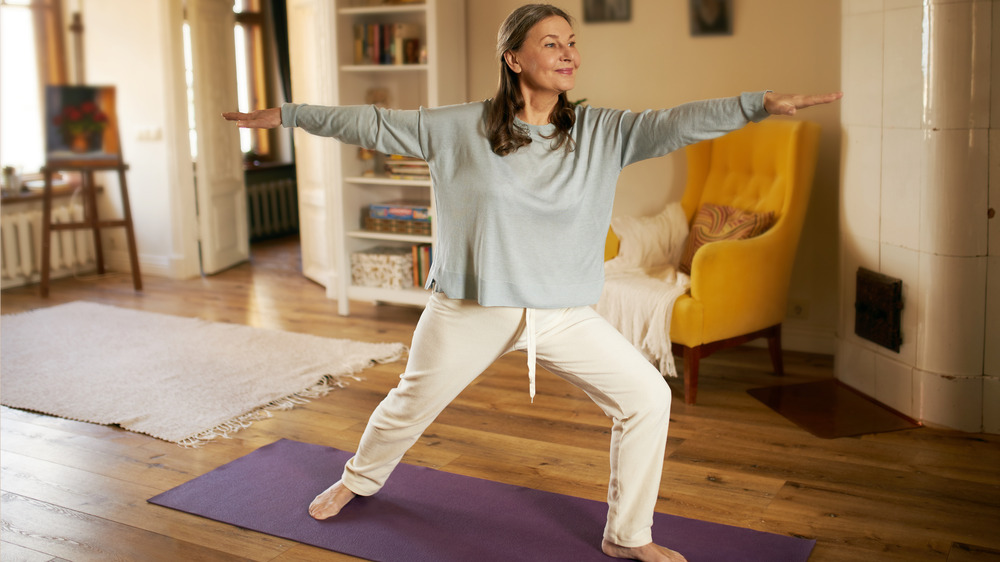When we think about our longevity, we look to our parents and grandparents for cues about longevity. But new research shows that genetics don't entirely determine our destiny.
Read Also: The two-time Champions Chelsea Kicked Off Their Champions League Campaign
The idea of genetics only playing a partial role in how long we live is not a new concept. In fact, a 2018 study published in Circulation offered clues about how we can influence our own longevity, including lifestyle factors that can help prevent premature mortality. The research highlights five critical factors such as not smoking, eating a high-quality diet, maintaining a body mass index (BMI) of 18.5 to 24.9, keeping alcohol consumption moderate, and engaging in at least 30 minutes of moderate to vigorous physical activity per day. These low-risk factors were found to increase life expectancy by 14 years for women who adopted all five factors.
But now, new research suggests one of these factors in particular could be a game changer for longevity.
Staying active to increase longevity.

A new study published in the Journal of Aging and Physical Activity analyzed data from the Objective Physical Activity and Cardiovascular Health (OPACH) study, finding that even if your genes predict you won't live very long, physical activity can still help you extend your lifespan (via Medical News Today). The OPACH study explored the links between physical activity, cardiovascular disease, and injury risks from the years 2012-2020 in 5,446 post-menopausal women over the age of 63, tracking their activity with an accelerometer that they wore 24 hours a day, seven days a week.
The study added to growing research showing that our longevity has more to do with physical activity than genetics. Participants who were physically active had a lower risk of death, while those who were more sedentary had a higher risk of death. And both of these associations remained true even after accounting for genetic predispositions.
Dr. Scott Kaiser, director of Geriatric Cognitive Health for the Pacific Neuroscience Institute at Providence Saint John's Health Center in Santa Monica, CA, told Medical News Today that physical activity may be somewhat viewed as a "miracle drug," but it's important to note that in the research, correlation is not causation and there's more to learn from future research. However, he hopes people will understand that just because you may be genetically predisposed to a shorter lifespan, you can still stay active to increase your longevity.
What Really Happens To Your Body When You Do Yoga Every Day

It's no secret that yoga has undeniable health benefits — mentally, physically, and spiritually. After all, yoga has been around for quite some time now. Its origins can be traced all the way back to India some 5,000 yeas ago, when it was first mentioned in ancient sacred texts known as the Rig Veda, according to Google Arts & Culture. Today, yoga is still practiced all over the world. It's even combined with other medicines and treatment plans to heal patients inside and out.
Boiled down, yoga is a practice that combines strength, flexibility, and breath, but there are a multitude of ways to marry these factors — from Ashtanga and Bikram to restorative and Vinyasa yoga, according to Gaiam, a yoga gear and equipment retailer. All types of yoga utilize various breathing techniques and postures. Some are sweaty (ahem, hot yoga), while other forms of yoga are more relaxing. But they all serve a purpose.
Whatever form of yoga you choose, practicing every day can work wonders on your mind, body, and spirit. Whether you're a seasoned yogi or a total newbie, here are the beautiful ways that yoga can empower you to be a better version of yourself.
Do yoga every day and watch your balance improve

Yoga is all about holding and moving between different postures, which vary depending on the type of yoga that you practice. According to Johns Hopkins Medicine, both the slow movements and deep-breathing exercises in yoga boost blood flow and warm up your muscles. Not only can that make you stronger over time, but it can also improve your balance.
Medicine pinpoints 11 studies that found a positive correlation between the practice of yoga and improved balance. Of course, how often and for how long you practice yoga will determine just how big of an effect it will have on you. You may not be able to walk a tight rope or, you know, hold a one-legged pose over night (though some people are naturally more gifted at balancing than others). The longer you keep at it, the better your balance will become (via WebMD). You know what they say, after all: Practice makes perfect progress!




